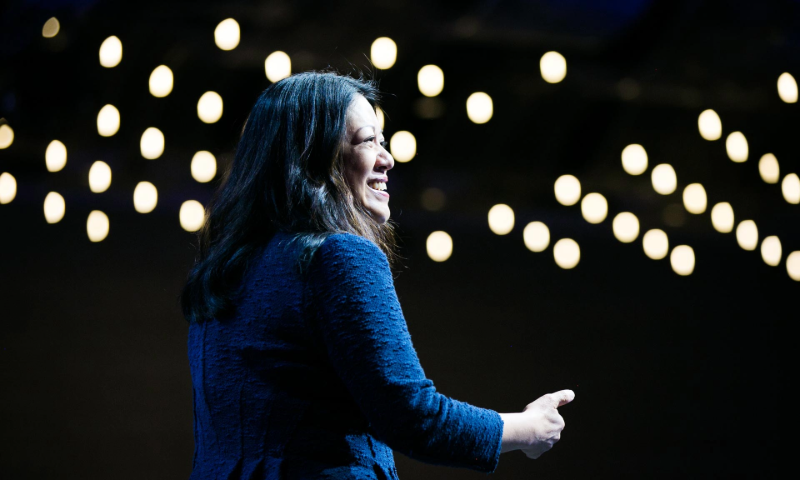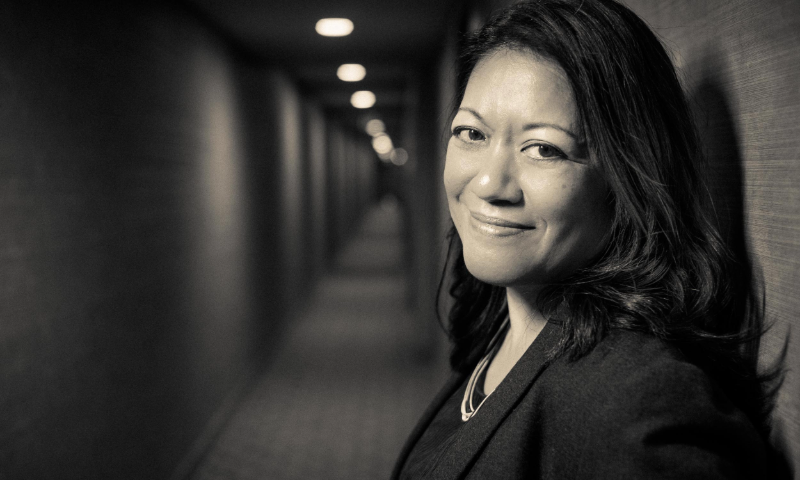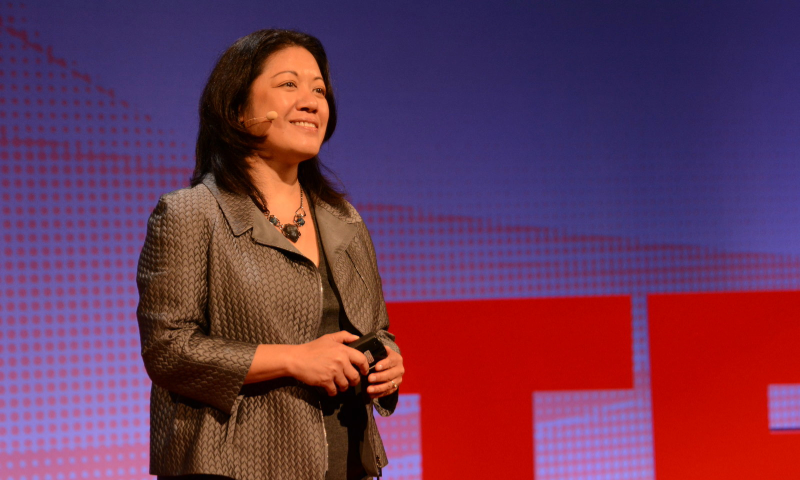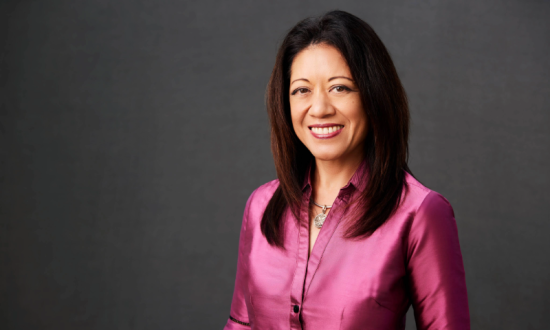For the past three decades, Charlene Li has been helping leaders and organizations navigate disruption and transformation. She’s an expert on disruptive transformation, digital leadership, and the future of work. She’s the author of six books, “Open Leadership” and co-author of the critically acclaimed book, “Groundswell”. Her latest book is the bestseller “The Disruption Mindset” and she’s currently working on a book about how organizations and leaders need to transform to adopt AI.
Recently, in an exclusive interview with Digital First Magazine, Charlene shared her professional trajectory, significant career milestone, personal hobbies and interests, future plans, words of wisdom, and much more. The following excerpts are taken from the interview.
Hi Charlene. What inspired you to become an expert in disruptive transformation strategy and leadership, and how do you stay ahead of the curve in this rapidly changing field?
Disruption has always fascinated me, not as a challenge to be feared but as an opportunity to create something new and meaningful. Early in my career, I realized that the most profound changes often emerge from moments of uncertainty. That insight led me to explore how leaders and organizations could not only navigate disruption but thrive because of it. Staying ahead in this field requires relentless curiosity and a willingness to experiment. I immerse myself in emerging technologies, like generative AI, and learn directly from innovators and practitioners to understand the real-world impact. It’s this mindset of continuous learning and adaptation that fuels my passion for transformation and leadership.
As an entrepreneur and bestselling author, how do you balance your creative pursuits with your advisory and coaching work, and what advice would you give to others looking to pursue multiple passions?
Balancing these roles is all about staying deeply connected to my purpose: helping leaders and organizations thrive in times of change. I view my writing, speaking, and coaching as interconnected—each one informs and amplifies the others. For instance, insights from coaching sessions often spark ideas for books or articles, while writing helps me clarify concepts I share with clients. My advice to others is to start with clarity about what energizes you. Then, build systems and habits that allow you to dedicate focused time to your passions without feeling scattered. Saying no to distractions is as critical as saying yes to what matters.

What role do you see innovation playing in driving business success and societal impact, and how do you help companies cultivate a culture of innovation?
Innovation is the engine that drives both growth and resilience. It’s not just about creating new products or services; it’s about solving problems in ways that improve lives. I help organizations cultivate innovation by encouraging a mindset of experimentation and learning. This means creating safe spaces where teams can take calculated risks, make mistakes, and grow from them. Leaders play a critical role here—they must model curiosity, reward creativity, and align innovation efforts with their broader strategy to ensure that every breakthrough has meaningful impact.
As someone who has written extensively on the future of work and society, what are some of the most significant trends and shifts you see on the horizon, and how can companies and individuals prepare for these changes?
Generative AI is fundamentally changing the rules of business and work. It’s not just about automating tasks but amplifying human creativity and decision-making. I see three major shifts: the democratization of AI tools, the redefinition of roles across organizations, and the increasing importance of ethical AI use. To prepare, companies need to prioritize upskilling their workforce, embrace cross-functional collaboration, and establish clear principles for responsible AI use. For individuals, cultivating adaptability and learning how to work with, rather than against, AI will be key to staying relevant.

What has been your most career-defining moment that you are proud of?
Publishing my first book, Groundswell, in 2008 was a pivotal moment in my career. I’ve since published five other books and am about to release my next one in 2025, but there’s something uniquely special about that first book. The thinking that goes into long-form content is very different, and the stories in particular bring the frameworks to life for people. That experience shaped my passion for sharing ideas that empower leaders to drive meaningful change.
If you could have a one-hour meeting with someone famous who is alive, who would it be and why?
It would be Satya Nadella. When he became CEO of Microsoft, he emphasized the importance of empathy—understanding others, especially customers, and their needs. I credit his transformation of Microsoft to his being, at his core, a wonderful human. I’d love to learn more about what keeps him centered, humble, and focused in a space dominated by not-so-nice personalities.
Is there a particular person you are grateful for who helped get you to where you are?
An early mentor of mine is Kathy Yates, who was the President of the San Jose Mercury News, the first place I worked after business school. As a female leader and the parent of two young children, she modeled how to be a successful executive while keeping her personal and work lives in harmony. Her example taught me that leadership doesn’t have to come at the cost of balance.

How do you keep your mind healthy and stay resilient? And how do you motivate your team?
Resilience starts with intentional habits—regular exercise, mindfulness, and making time for creative pursuits. For my team, I focus on clear communication, celebrating wins, and creating a culture of psychological safety where everyone feels heard. Motivation comes from aligning each person’s work with their strengths and values, so they feel connected to a shared purpose.
Where do you see yourself in the next 5 years?
I’ll continue to evolve as businesses, leaders, and technology evolve. Today, it’s generative AI—who knows what it will be in the next few years! I’ve built my career on staying ahead of disruptive change, and I’m confident I can continue to surf this amazing wave of transformation. One thing I’m particularly passionate about is supporting and encouraging women of color early in their careers to pursue leadership positions. They’re promoted at almost half the rate of their peers to the first level of management, meaning the leadership career ladder has a broken rung at the very start of their journey. That needs to be fixed.
How do you think businesses and societies can work together to create a more equitable and sustainable future, and what role do you see technology playing in driving positive change?
We know we should be more equitable. We know we should have more sustainable practices. And yet, we often prioritize short-term gains. A broader view of including all stakeholders—not just shareholders but also employees, customers, suppliers, and our communities—makes it a win-win for everyone. Technology gives us the opportunity to look at the world with abundance rather than scarcity and allows us to imagine a different future. But that’s the key—we have to imagine it first to make it a reality. Technology helps us see the world differently and envision what’s possible, driving us to create a better and more sustainable future.






